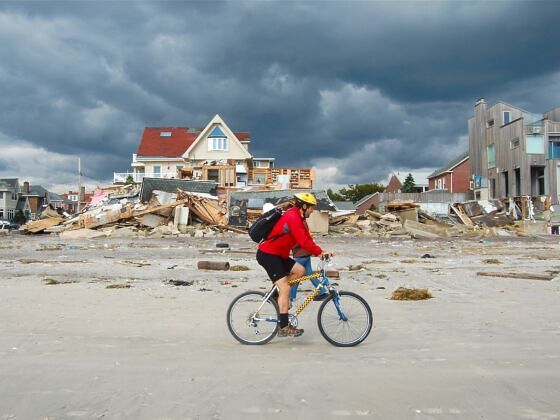LIKE THE OCCASIONAL BAG going missing, a lost reservation, nonstop rain at a beach resort, or a bad stomach from eating street food. For most of these, we have backup plans or can easily improvise a solution.
But for many travelers, the most significant type of travel disaster is the one for which we’re the least prepared: a natural disaster that occurs during a trip. I learned firsthand the importance of preparing for disasters while traveling when I was on vacation with a friend in New Orleans when Hurricane Katrina hit.
